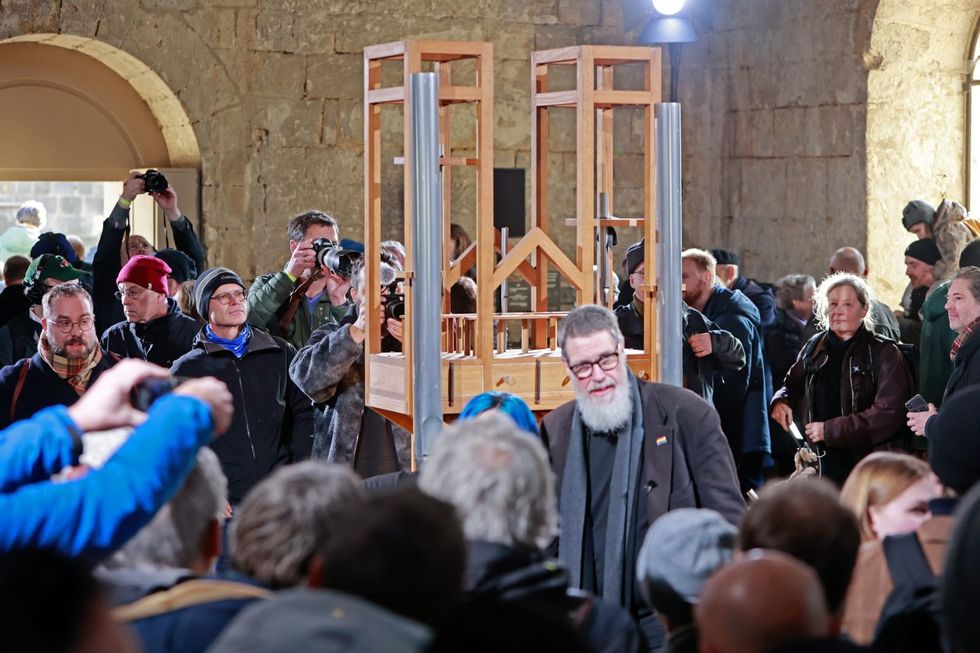Let’s Talk About Time
It’s 2022…Kind of
Twenty-two years into the slowest piece of music in the world, a significant musical development has taken place — a slight chord change. The 639-year organ piece by experimental composer and philosopher John Cage has added a single tone to the chord in the church where it is being continuously played in the German town of Halberstadt. The six-note chord, played in the Burchardi Church since February 2022, has now evolved into a seven-note one with the addition of a pipe playing a D note set to…
Six notes to seven
Can you imagine being in the same place, day in and day out, for over two decades? That’s the reality for the residents of Halberstadt, who have been listening to Cage’s magnum opus since the turn of the millennium. And just when they thought they knew every note, every pause, every crescendo, a single tone changes everything. It’s like discovering a new flavor in your favorite dish — unexpected, exciting, and a little bit strange.
John Cage, known for his avant-garde compositions and innovative approach to music, would likely be thrilled by this development. His philosophy of embracing the unpredictable and celebrating the beauty of chance is perfectly encapsulated in this tiny, yet momentous, chord change. It’s a reminder that even in the most seemingly monotonous moments, there is always room for growth, evolution, and creativity.
As the organ continues to play, filling the ancient church with its haunting melody, the people of Halberstadt are reminded that time is a fluid, ever-changing concept. And in this small town in Germany, where past and present coexist in harmony, the music of John Cage continues to captivate and inspire, one note at a time.
How Does This Affect Me?
While you may not be living in Halberstadt or attending daily organ recitals, the concept of slow, evolving change is something that can resonate with all of us. Just like the chord in Cage’s piece, our lives are constantly shifting and transforming, sometimes in imperceptible ways. This small musical development serves as a reminder to embrace the unexpected, to welcome change with open arms, and to find beauty in the seemingly mundane.
How Does This Affect the World?
On a larger scale, the evolution of Cage’s organ piece symbolizes the enduring power of art to transcend time and connect generations. In a world that often feels chaotic and unpredictable, music has the unique ability to bring us together, to unite us in a shared experience that transcends language, culture, and geography. The addition of a single note may seem insignificant in the grand scheme of things, but it represents a profound shift in perspective, a reminder that even the smallest change can have a ripple effect that resonates far beyond the walls of a church in a small German town.
In Conclusion…
So, as we listen to the slow, mesmerizing tones of John Cage’s organ piece drift through the centuries, let us remember that time is not a linear progression, but a cyclical dance of creation and destruction. In the ever-changing symphony of life, may we find joy in the unexpected, beauty in the mundane, and harmony in the dissonance. And who knows, maybe one day, we’ll all be lucky enough to experience a seven-note chord change of our own.





